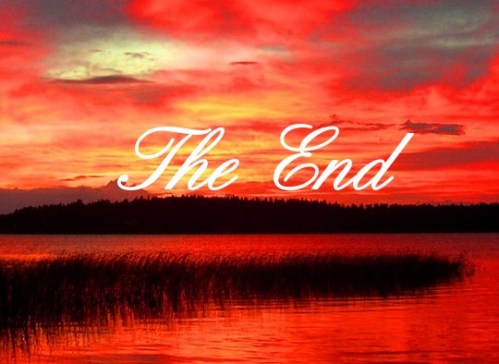The questions which one asks oneself begin, at least, to illuminate the world, and become one’s key to the experience of others.
~ James A. Baldwin
Imagine that you’re coming to the last chapter of a book or the final hour of a video life story you’re doing. It may be your own or it could be a story you’ve been hired to record. Every detail has been covered from childhood to the present. How can you wrap up this life story in a way that feels satisfying? As a colleague said, “The book is ending; the life is not.”
An approach of mine that you might try is to use the final chapter to explore what I call contemplative questions. These are questions that go to the core values and beliefs of a person - such things as life lessons learned, regrets and successes, hopes for the future, expressions of forgiveness and gratitude, and spirituality.
While some of this content may arise naturally in the course of recounting a life, it’s useful to focus on it at the end. Why? Because as a personal historian I find that my clients and I have developed a rapport by the end of hours of interviewing. There is a level of trust and comfort that is more conducive to sharing heartfelt convictions.
Another reason for covering this material at the end is that by that point a person has looked back on their life and examined it in detail. This process of recollection naturally begins to raise existential questions.
One lesson I’ve learned though is that these contemplative questions should never be sprung on people. The first time I tried this, my poor client stared at me like a deer caught in the headlights. People need time to reflect and compose their answers in a calm and unhurried manner. Now I hand out the contemplative questions to my clients a week or two in advance so they have time to think them over.
There’s no right way to end a life story. But if you’re searching for an approach that works, I’d recommend using a series of contemplative questions. You can find a sample of contemplative questions in a previous post here.
For other examples of contemplative questions, check these out. Not all the questions may be suitable in your case, but you’ll find plenty that are.
- 99 Powerful Questions to Ask
- How to Discover Your Life’s Purpose – 7 Questions to Ask
- A List of 100 Questions to Know Someone Better
Image by Dan Curtis from a photo by Per Ola Wiberg
If you enjoyed this post, get free updates by email.


















